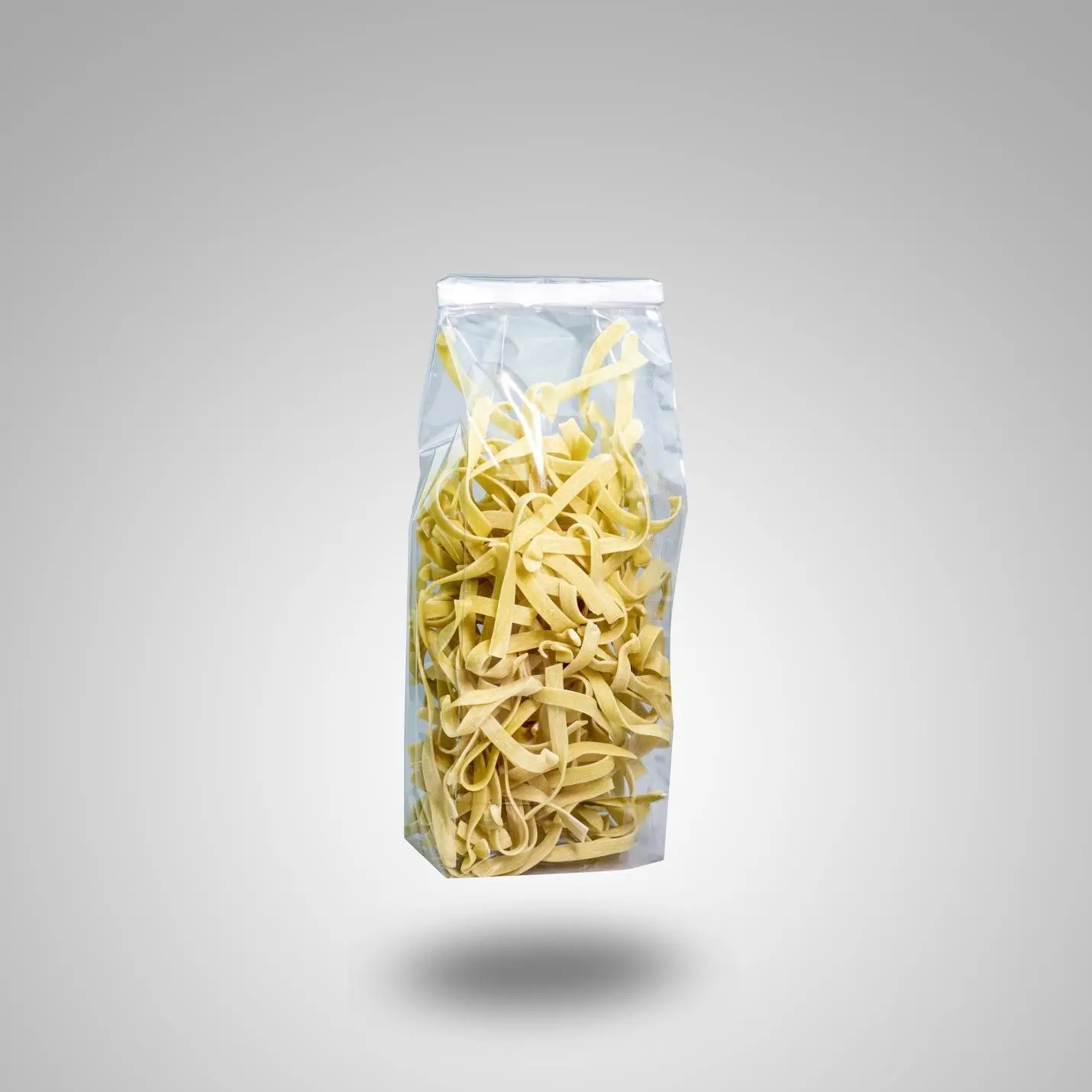Everybody already knows what a contract packing service can do – and what they can offer besides packaging. For instance, with their expertise and equipment, they can take care of all your packaging requirements – whether you need to fill up sachets or packets, vertical sealing, liquid filling, shrink wrapping, or more. Many businesses have relied on contract packers and have outsourced their needs and requirement for years. The key is finding a contract packing professional who will fulfil your product packaging and demand and continuously work with you and become a true partner. But there’s still the question of what kinds of packing services a contract packer provides. So without further ado, here’s a detailed list of all the packing services a contract packer could provide for your business.
- Vertical bagging or vertical sealing
This is where a packing machine creates the bag vertically as the raw material is packed inside. Then, as the machine seals the bag’s bottom, a new top is created simultaneously. Again, a good contract packing professional does the job as thoroughly and efficiently as possible, and the contract packing service ensures the quality is of the highest standards at the same time.
- Sachet or packet filling
With sachet or packet filling, small product quantities and items are placed into small packets or sachets. The portion or dose is tightly controlled, and the process is entirely automatic, making use of the technique of vertical bagging to seal and pack liquids, powders, and dry products.
- Pouch packing
This involves the filling of products into standalone or hangable bags or pouches. It is versatile and efficient and allows powders and various products to be packed and sealed properly. Even liquids can be placed into pouches, provided there is a layer of laminate.
- Contract filling
Here, the package is pre-made, and the machine fills it with the product. Then, the machine accurately and precisely measures the quantity of the product and dispenses it properly into the packaging. This ensures the right dosage is in each unit every time.
- Flow wrapping
With flow wrapping, cold products are sealed in a film to ensure the product is airtight. This process, done along a conveyor, is both cost-effective and quick.
- Liquid filling
This process is specifically for liquids, and it involves filling bottles with the specified liquid and packing the filled bottles in bulk accordingly.
- Shrink wrapping
This involves using heat in order to shrink a film of plastic, which is then wrapped tightly around the item to create an airtight seal. It ensures the product’s freshness and protects it from damage during transport and contamination.
- Sleeve wrapping
The process involves wrapping many items or products in a tight, thick polythene sleeve. It is different from shrink wrapping in that both the sleeve’s ends are open. This makes it more convenient to stack various items or products on pallets. In addition, it further protects them from dirt and damage during transport.
There are more methods of preparing different products. For example, there is contract bottling, overwrapping, blister packaging, and hand assembly, which is ideal for products that cannot be filled by an automated process or by machinery. This is why it’s important to speak with your prospective contract packer so they will know what you want and you can be specific about the packaging you need.
Image attributed to Pixabay.com

